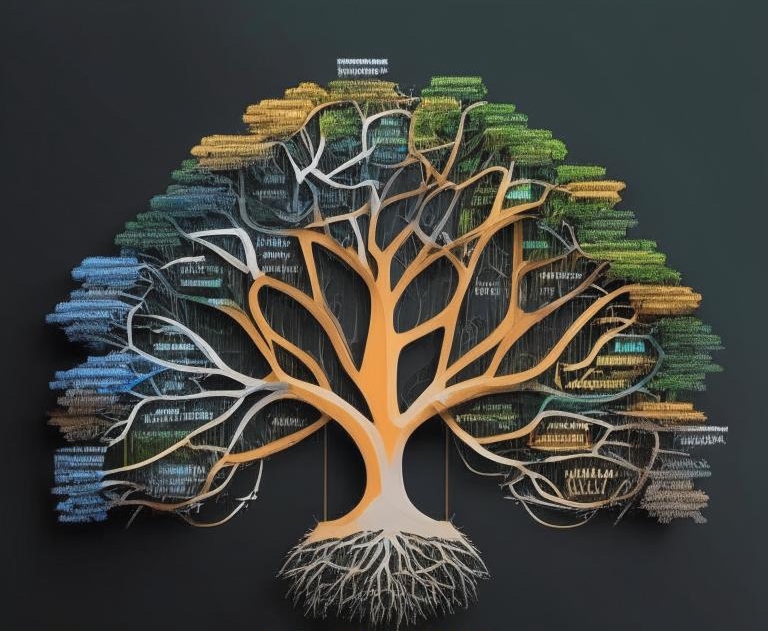Automation of Production
by Oleg Sovetnik
Automation Systems in Production Processes
-
SCADA systems (Supervisory Control and Data Acquisition): SCADA systems manage and control industrial processes by collecting data from various sensors and overseeing equipment operation. These systems play a critical role in monitoring complex production systems, enabling precise oversight and automated interventions when necessary. They allow real-time responses to changes in the production process, improving efficiency and reducing maintenance costs.
-
MES systems (Manufacturing Execution Systems): MES systems focus on controlling, monitoring, and optimizing production processes at the enterprise level. They integrate different stages of production, providing complete control from planning to product release. MES systems improve process transparency, resource management, and workflow optimization, enhancing product quality and overall production efficiency.
Sociological Theories for Analyzing Production Automation Systems:
-
Institutionalization Theory (Paul DiMaggio and Walter Powell)
SCADA and MES systems are becoming standard in industrial organizations, embedding certain practices and processes as integral parts of production management. Institutionalization Theory describes how technologies and processes gradually become embedded in the structures of organizations, evolving into essential components of operations.
From an institutionalization perspective, these systems can be viewed as institutionalized technologies that shape and maintain standardized processes within the production environment. The Umwelt (subjective environment) reflects how these systems interact with production processes, managing and supporting them.
-
Structuration Theory (Anthony Giddens)
MES systems set rules and standards for organizing production processes. Structuration Theory explains how these systems influence workers’ actions and how individuals, interacting with the systems, can adapt them to meet their needs.
MES systems provide a structured framework for managing production, determining how resources are allocated, tasks are planned, and processes are optimized. The Umwelt captures the relationship between humans and machines, showing how users perceive and modify the system to achieve the best results.
-
Actor-Network Theory (ANT) (Bruno Latour)
The technologies and operators working with automated systems form a network of interconnected actors, where each element (sensors, control systems, operators) contributes to the overall outcome. SCADA and MES can be seen as systems where technologies and humans interact on equal terms.
SCADA and MES act as agents within the network, providing process control and optimization. The Umwelt describes how these systems perceive data and interact with various participants in the production process.
Institutionalization Theory explains how technologies and practices become embedded in organizational structures, shaping long-term behavioral models. SCADA and MES systems, as key tools in manufacturing, have become essential to production processes, creating standards for management, control, and optimization that contribute to long-term efficiency.
automation production structuration-theory institutionalization-theory actor-network multiple-worlds-theory
